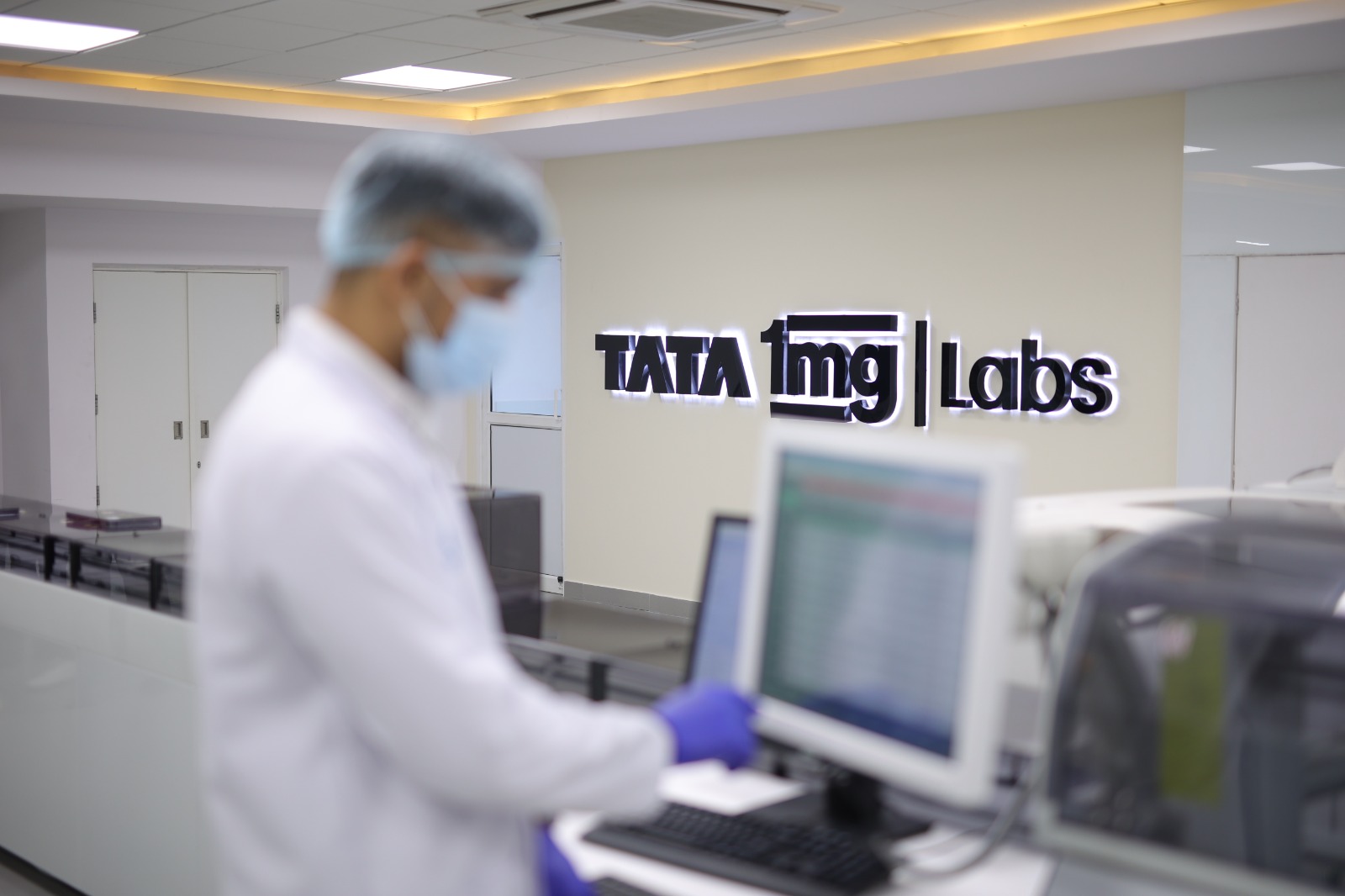UPDATE
Apr 01, 2023, 12.15 PM
Unhealthy lifestyle practices, physical inactivity, obesity, and smoking are leading causes for young Indians falling prey to heart conditions.

Coronary risks can be identified by a variety of risk markers - prevalence of diabetes, hypertension and high levels of cholesterol are commonly used cardiac risk markers.
India accounts for about 60% of the global heart disease cases despite having less than 20% of the global population, according to public health estimates.
Not just this, high rates of obesity and high blood pressure among younger people are putting them at risk for heart disease earlier in life - 50% of all heart attacks in Indian men occur under 50 years of age and 25% of all heart attacks in Indian men occur under 40 years of age. Indian women have high mortality rates from heart disease too.*
Unhealthy lifestyle practices, physical inactivity, obesity, and smoking are leading causes for young Indians falling prey to heart conditions.
Coronary risks can be identified by a variety of risk markers - prevalence of diabetes, hypertension and high levels of cholesterol are commonly used cardiac risk markers. However, most people would not be aware about another independent risk factor for heart disease, high homocysteine levels in the blood.
Explaining the relevance of homocysteine test, Dr Sameer Gupta, a US board certified Interventional Cardiologist and Head of Cardiology for the Metro Group of Hospitals, shared, “Hyperhomocysteinemia is considered an independent risk marker for atherosclerotic vascular disease and venous thromboembolism or blood clots. But it is important to interpret the numbers in correlation with the patient profile and other risk factors. Increased levels of homocysteine are often secondary to nutritional inadequacy of folic acid and vitamin B12. It can be corrected with either supplements or a diet rich in fruits, vegetables, and low-fat dairy products.”
An analysis of data recently published by Tata 1mg Labs from about 4609 homocysteine tests conducted across its Mumbai testing facilities in the last two years, indicates that 87.57% of people in Mumbai have higher-than-normal levels of homocysteine in their bloodstream, making them vulnerable to heart diseases, such as blood clots, heart attack and stroke.
Interestingly, females fared much better than males in the test. While 62.93% of men were found with escalated levels of homocysteine, this figure was much lower for women at 36.84%
The below-25-year age group had the lowest incidence at 3.05% but rapidly climbed in the age bracket of 25-40 years at 30.48%. This was followed by age groups of 40–60 years (about 44%), above 60 years (17.52%).
UP NEXT
Read Next